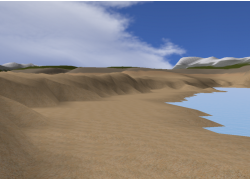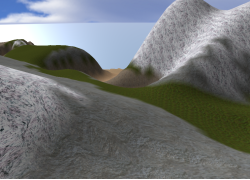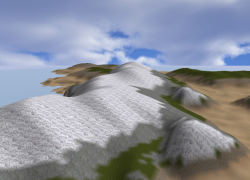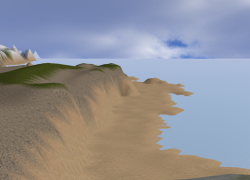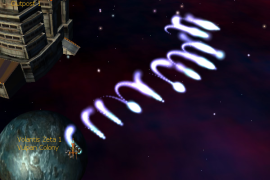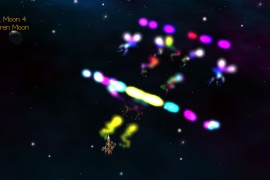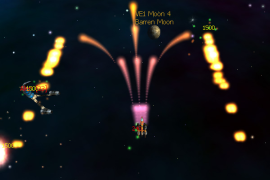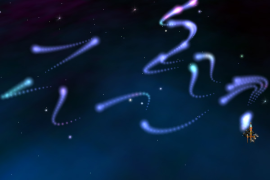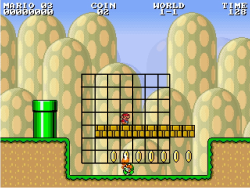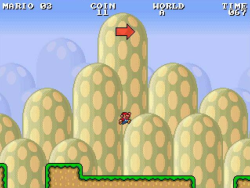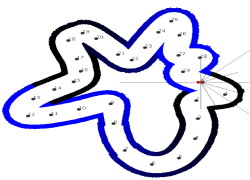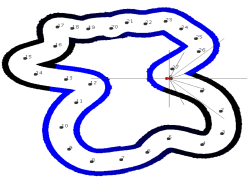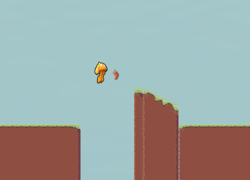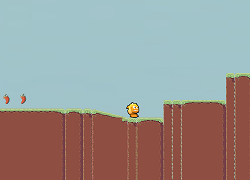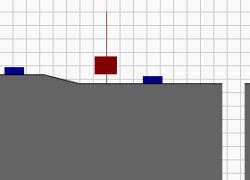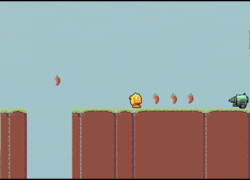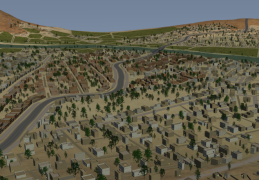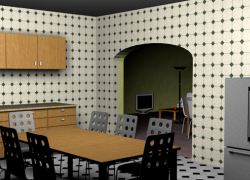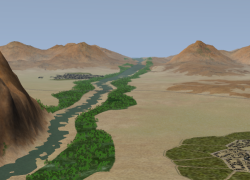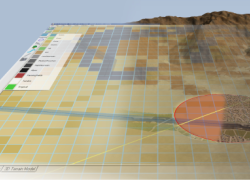About PC Games
The workshop on procedural content for computer games (PCG) was a one-day workshop held June 18, 2010, and attended by 35 people. The workshop focused on advancing the state of the art in computational techniques for creating content for computer games and virtual worlds. Proceedings for this workshop appear in the ACM Digital Library.
As computer games increasingly take place inside large, complex worlds, the cost of manually creating these worlds is spiraling upwards. Procedural content generation, where a computer algorithm produces computationally generated levels, art assets, quests, background history, stories, characters, and weapons, offers hope for substantially reducing the authoring burden in games. Procedural content generation has multiple benefits beyond reducing authoring cost. With rich procedural generation, a single person becomes capable of creating games that now require teams to create, thus making individual artistic expression easier to achieve. Automated content generation can take player history as one of its inputs, and thereby create games that adapt to individual players. Sufficiently rich content generation algorithms can create novel game elements, thereby discovering new game potentials. Finally, the procedural generation algorithm itself acts as an executable model of one aspect of the game, thereby improving our theoretical understanding of game design.
Important Dates
The workshop was held June 18, 2010. The following dates are provided for archival purposes.
- Paper submission: Feb. 24, 2010
- Notification to authors: April 5, 2010
- Early Bird Registration: April 9, 2010
- Workshop held: June 18, 2010
Location
The Procedural Content Generation in Games workshop was co-located with FDG 2010 at the Asilomar Conference Grounds in Monterey, California, USA. The workshop was held the day before the main conference began.
